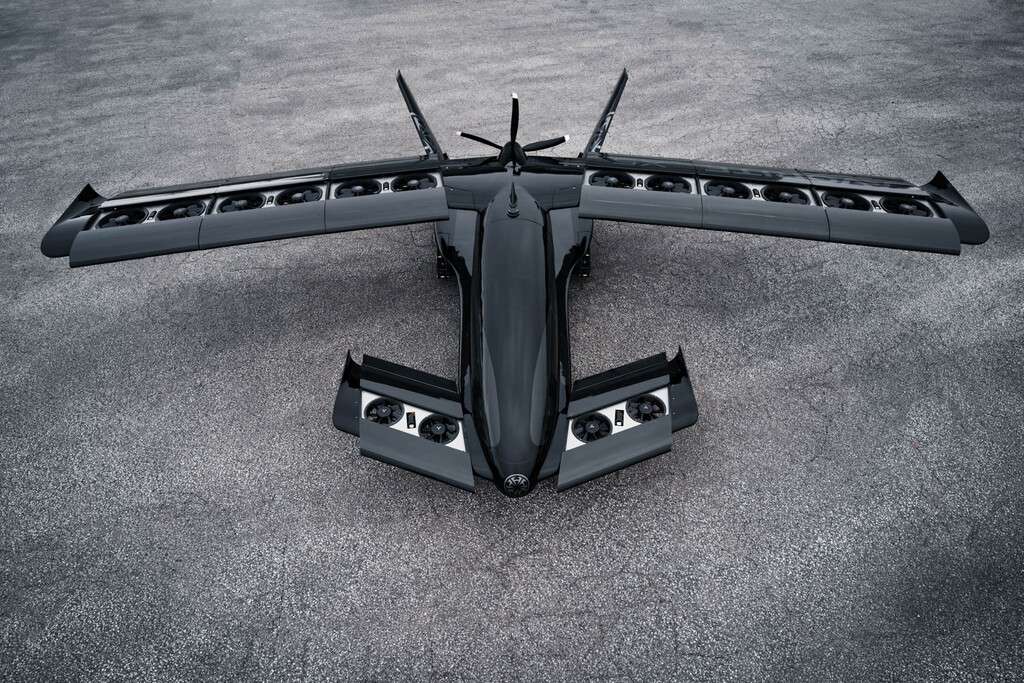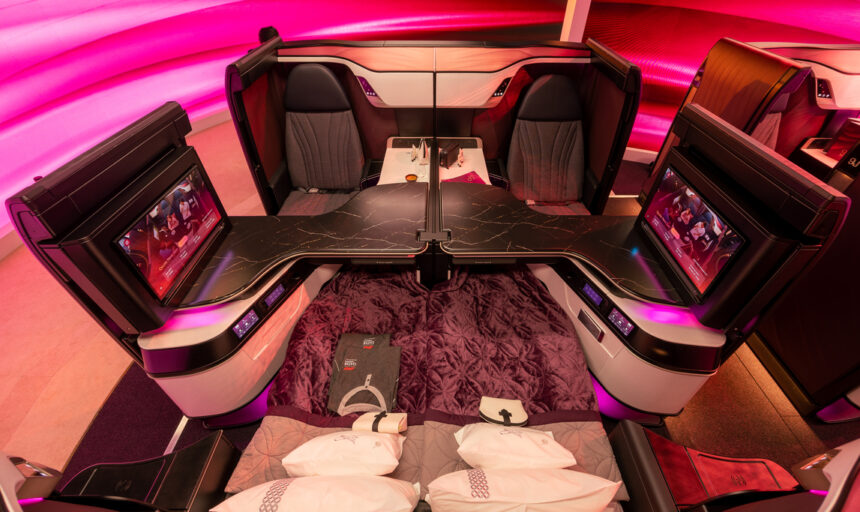In the vast expanse of Canada, where nearly 75% of the landmass is classified as remote, the future of isolated communities hangs in the balance.
Recent research by Horizon Aircraft, a pioneering hybrid electric vertical take-off and landing (eVTOL) company based in Canada, suggests that the launch of air taxi services could be the much-needed lifeline for these remote regions.
The Current Landscape
Government data reveals that approximately one in nine Canadians resides in remote areas, grappling with challenges such as poor access to transport, isolation, and unreliable supplies of critical goods and medical provisions.
As concerns about the long-term sustainability of these communities grow, Horizon Aircraft’s nationwide study sheds light on a potential solution.
According to the study, an impressive 66% of Canadians, including those living in remote communities, would welcome the introduction of air taxis to address the pressing issues associated with their lifestyle.
This signifies a notable shift in public perception towards air taxis and showcases a readiness for embracing innovative solutions.
[monsterinsights_popular_posts_inline]

Willingness to Embrace Change
Notably, 60% of Canadians express a general willingness to travel in a regulatory agency-approved air taxi, with nearly half (48%) ready to utilize these services as soon as they become commercially operational.
Surprisingly, 48% would even consider flying in eVTOLs in other countries outside Canada. This openness underscores the potential widespread acceptance of air taxis as a viable mode of transportation.

Impact on Remote Living
Horizon’s research suggests a potential game-changer for remote communities. A significant 45% of respondents indicate that they would consider moving to more remote areas if air taxis, particularly eVTOLs, were more readily available.
This reflects a newfound optimism among Canadians, fueled by the prospect of enhanced travel options and a fortified supply chain.
Safety and Training
For air taxis to become a staple in the Canadian transportation landscape, safety is paramount. The study highlights that 70% of respondents prioritize safety issues, emphasizing the need for stringent safety measures in the development and operation of air taxis.
Additionally, 67% stress the importance of well-trained pilots, indicating a demand for professionalism and expertise in this emerging field.
Brandon Robinson, CEO of Horizon Aircraft, envisions a multifaceted role for properly designed eVTOLs.
While urban transport, air ambulances, cargo transport, military, and wildfire services are potential applications, in Canada, their unique suitability for addressing remote community challenges is particularly notable.
The Horizon Aircraft
Horizon Aircraft is at the forefront of this transformative shift, developing the Cavorite X7, an eVTOL designed for longer-range regional passenger or cargo transport, as well as special missions.
With a gross weight of 5,500 pounds and a projected useful load of 1,500 pounds, the Cavorite X7 boasts an estimated maximum speed of 250 miles per hour and an average range of over 500 miles with fuel reserves.
As Horizon continues testing its 50-per-cent-scale aircraft, the company is positioning itself as a pioneer in the industry.
The Cavorite X7, with its potential applications in medical evacuation, critical supply delivery, disaster relief, and special military missions, holds promise for reshaping regional air mobility.

Click the banner to subscribe to our weekly newsleter.









